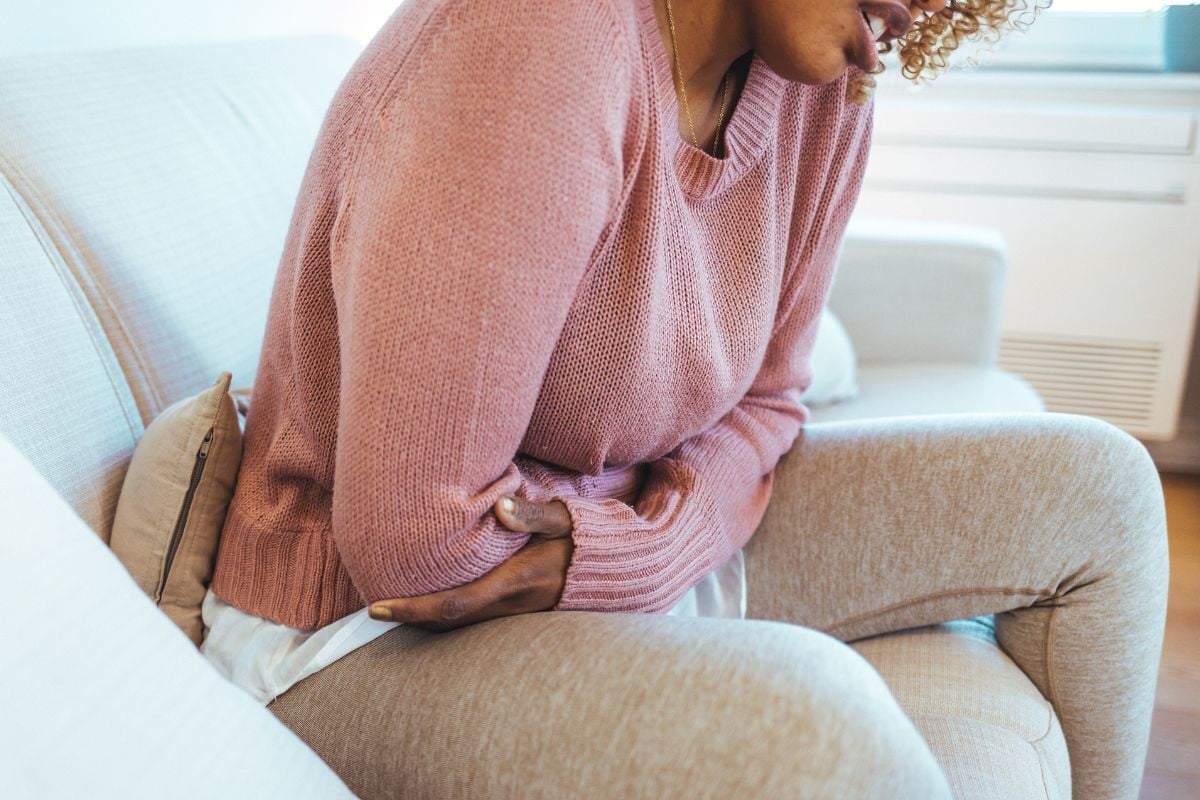

Bindi Irwin, Emma Watkins, Tanya Hennessy, Bridget Hustwaite, Kayla Itsines, Jelena Dokic and Sophie Monk — these aren't just household names. They're also part of the "one in ten" Australian women living with endometriosis.
"It can take years to diagnose, so the true figure may be much greater," said Dr Sarah Cavanagh, GP and Chief Medical Officer at InstantScripts.
Endometriosis is a complex condition where tissue similar to the uterine lining grows outside the uterus, leading to pain, inflammation and sometimes fertility issues.




























































































